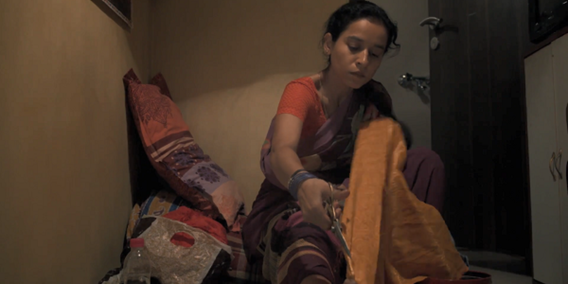Last week the world celebrated mother’s day in honour of all the things our mothers do for us: the care, the love, the sacrifices. Sacrificing their sleep, sacrificing their careers, sacrificing their bodies. Wait did I mention all the sacrifices? While these are something we should be grateful to our mothers for – they shouldn’t be a necessary one sided burden that women need to carry.
There are sacrifices that might go into parenting but gender norms make these sacrifices look different for mothers and fathers in heterosexual relationships. While mothers are meant to sacrifice having their own identities and personal lives to make sure that the core of their person is being a mother, fathers are meant to sacrifice time with their children in order to provide for them – which again puts the load of raising children on the mother. But what happens to these ideas when women join the workforce? While women are increasingly encouraged to pursue an education and contribute to household finances, the efforts to make this process easier for them have not caught up.
Working mothers or even stay at home mothers are given a great deal of advice (often unsolicited) about what an ideal mother should look like, this ever so often stifles their own voice
“The mother’s internal landscape intersects with the rampant social, cultural, and historical advice she receives—advice which is often replete with paradox. She is told that “it takes a village,” but is expected to do it all herself (with a smile and an apron on); to be sensitive and empathetic to her babies—but with strong limits so they don’t end up entitled.”
And that’s on being a perfect mother, but one can’t just be a perfect mother, they must also be a perfect homemaker whether or not they’re working. In an experiment to understand expectations of household work, participants were asked to look at a clean or messy room which could be occupied by a male or female. The study found that most people held women to a higher standard in evaluating a relatively clean room. This might be reflective of the fact that there is an inherent assumption that women are responsible for the tidiness of their homes.
So we might find our mothers and wives constantly controlling each household chore because an untidy house is a blemish on a woman’s scorecard (which should always be perfect!). This could mean that even when offered a chance to distribute household chores equally, women might take up more responsibility.
“In her memoir-cum-self-help book, Drop The Ball, the American writer Tiffany Dufu calls this “home control disease”, and diagnoses herself as a recovering sufferer. This isn’t the simple sexism of the man who’d rather drink beer and watch Top Gear, but the insidious, internalised sexism of the woman who’s been raised to see an impeccable home as a sign of her worth”
– The Guardian, Dirty Secret: Why Is There Still A Housework Gender Gap?
With LinkedIn adding a Stay At Home Mom as a full time job, we only understand what that role entails on a full time basis when we move away from home. It’s tiring to have to build your own routine, with so much physical work, and do them day in and day out – it is a full time job indeed! But it’s time we acknowledge that a mother is more than a mother, she is also an individual, a person with other interests, needs and wants. But they are forced to focus on the house and the kitchen, on cutlery and baking, and make it their priority, because society says that that’s what makes women accomplished.
There are so many studies, churning out statistics about gender disparity in household chores, but what’s important is taking a look at our own homes. I know personally I have lived with the assumption that my mother is responsible for the household chores, either doing them or getting them done. For taking care of a house that all of us occupy and use. The pandemic has made this more evident to me than ever before. All I can do is consistently remind myself that cooking, cleaning, housekeeping are life skills, not a job assigned to you at birth because of your gender.


 Sanjana has recently graduated with a degree in Psychology and is interning at The Thought Company to gain more knowledge and experience on her path to becoming a mental health professional. She is interested in understanding what makes people resilient in the face of adversity. She has a knack for cooking, origami and re-reading Khaled Hosseini books. Her favourite way to de-stress is watching a Pixar movie curled up next to her dogs. If she could be any Pixar character, she’d be Remy from Ratatouille!
Sanjana has recently graduated with a degree in Psychology and is interning at The Thought Company to gain more knowledge and experience on her path to becoming a mental health professional. She is interested in understanding what makes people resilient in the face of adversity. She has a knack for cooking, origami and re-reading Khaled Hosseini books. Her favourite way to de-stress is watching a Pixar movie curled up next to her dogs. If she could be any Pixar character, she’d be Remy from Ratatouille!




